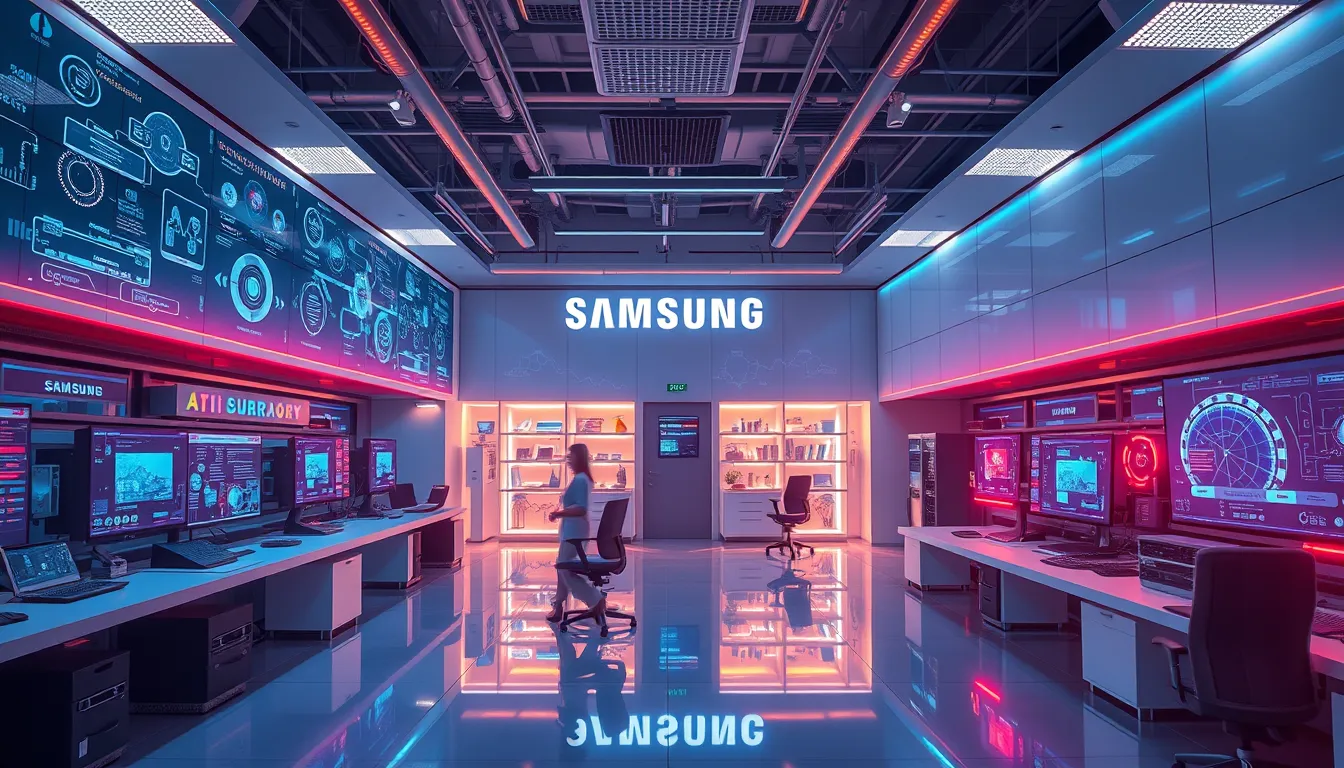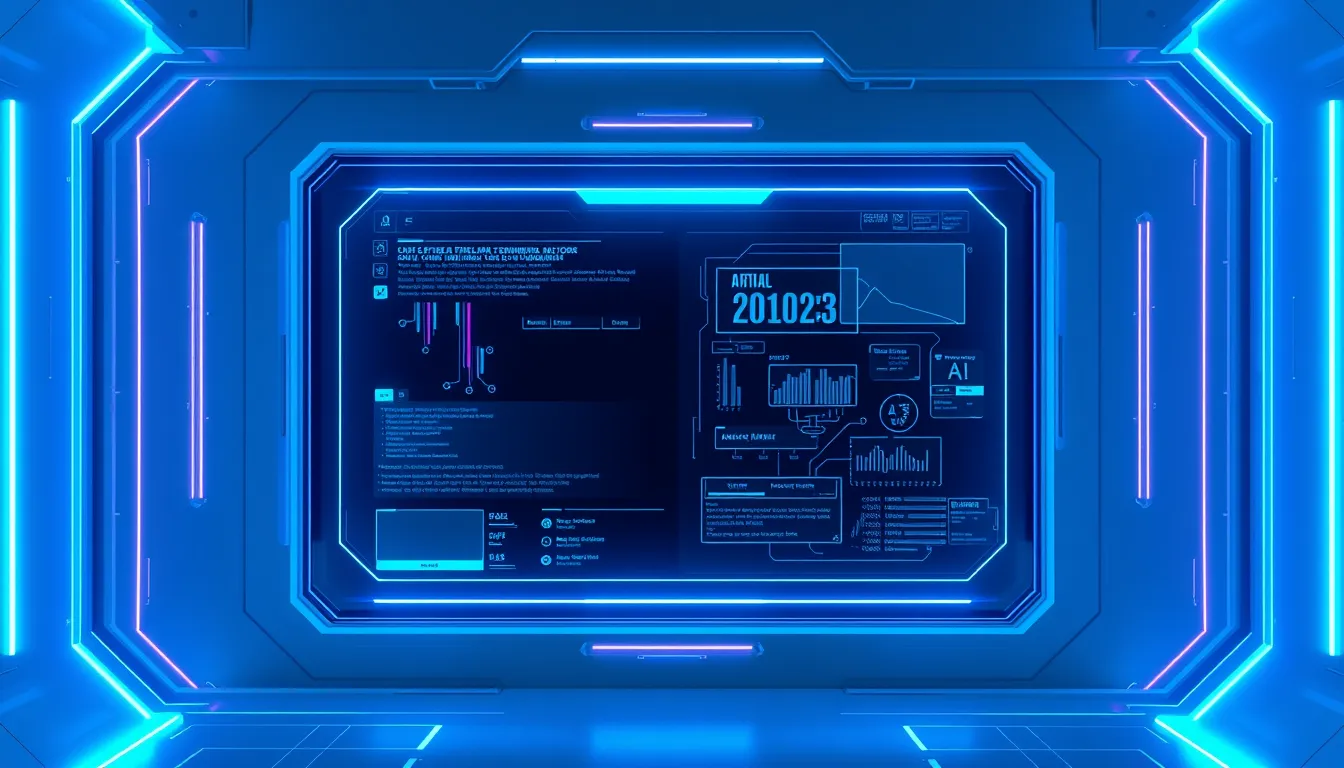Now Reading: Powerful AI in Healthcare Diagnostics: Boosting Patient Care
-
01
Powerful AI in Healthcare Diagnostics: Boosting Patient Care
Powerful AI in Healthcare Diagnostics: Boosting Patient Care

Powerful AI in Healthcare Diagnostics: Boosting Patient Care
As the healthcare landscape evolves rapidly, technology such as artificial intelligence is redefining standards of excellence. The focus on AI in healthcare diagnostics has not only transformed how medical imaging works but also improved disease prediction and diagnostic accuracy. With so many opportunities unfolding, hospitals and laboratories worldwide are leveraging advanced AI algorithms to deliver faster and more accurate patient care.
The Rise of AI in Healthcare
Artificial Intelligence in healthcare is more than just a technological trend. It is a revolution that is reshaping diagnostic procedures, treatment planning, and patient outcomes. Rising search trends indicate that AI in healthcare is becoming a cornerstone in modern medicine. Some of the key benefits include:
- Enhanced diagnostic speed and precision
- Reduction in human error in interpretation
- Improved medical imaging using advanced algorithms
- Better patient management through predictive analytics
The incorporation of AI in healthcare diagnostics not only streamlines workflows in hospitals but also lays the framework for personalized medicine. By leveraging deep learning and machine learning techniques, healthcare providers are now delivering bespoke care that caters to each patient’s unique health profile.
How AI Improves Diagnostic Accuracy
One major area where AI has shown tremendous promise is in improving diagnostic accuracy. Traditional diagnostic methods, while effective, sometimes rely heavily on subjective interpretations of imaging. AI-driven systems, on the other hand, are capable of analyzing complex imaging data to identify markers and anomalies that human eyes might miss. Here are three ways AI improves diagnostic accuracy:
1. Advanced Medical Imaging
State-of-the-art AI algorithms analyze images from X-rays, MRIs, and CT scans with high precision. By comparing images against large datasets, these systems can detect minute differences and provide accurate predictions. Clinics have reported reduced turnaround time in diagnostics and a notable improvement in accuracy. For further reading on technology in healthcare, check resources at OpenAI which is pioneering AI applications across various industries.
2. AI Disease Prediction
AI in healthcare diagnostics extends beyond imaging. Predictive models can forecast the likelihood of diseases based on patient history, genetics, and lifestyle factors. This not only aids in early intervention but also enhances the overall healthcare management system. By incorporating data from electronic health records and integrating patient-specific details, AI tools are evolving into a powerful decision-making aid for physicians.
3. Streamlined Workflow and Reduced Errors
Healthcare facilities are finding that AI-based systems minimize diagnostic errors by double-checking physician interpretations with automated readings. The process supports doctors by eliminating manual errors and providing additional insights that lead to improved patient outcomes. Hospitals are now able to dedicate more time to patient care, while routine tasks are automated effectively.
Challenges and Considerations in Integrating AI
While the potential benefits are abundant, integrating AI in healthcare diagnostics is not without its challenges. It is crucial for medical institutions to consider aspects such as data privacy, ethical concerns, and the need for proper training of medical staff. Some challenges include:
- Data security and patient confidentiality
- Balancing human oversight with machine recommendations
- Regulatory approvals and standardization across different regions
Addressing these concerns requires collaboration between healthcare providers, technology companies, and policy makers. Future research and continuous monitoring are essential to ensure that AI applications remain both effective and safe for patient use.
The Future of AI in Healthcare Diagnostics
The future of healthcare is inextricably linked with advancement in AI. Medical practitioners who adopt these systems now are set to benefit from ongoing developments, improved efficiency, and better patient outcomes. Ongoing investments in AI research are expected to create technologies that learn and adapt over time, offering unprecedented accuracy in diagnostics.
Moreover, partnerships between tech giants and medical institutions, such as collaborations with Google Health and academic research centers, are fueling innovation. These collaborations are critical in refining AI systems and ensuring that they can be seamlessly integrated into everyday clinical practices.
Conclusion
In conclusion, AI in healthcare diagnostics represents a transformative shift in the way we approach medical imaging, disease prediction, and patient care. As healthcare continues to evolve, it is clear that integrating AI not only addresses current limitations but also paves the way for innovations that could one day redefine modern medicine entirely.
By embracing AI, healthcare providers can not only boost efficiency, but also significantly enhance diagnostic accuracy. The evidence is clear: incorporating AI in healthcare diagnostics improves patient outcomes, reduces errors, and offers new possibilities in disease prevention. As research and technology continue to develop, the role of AI will become even more prominent, ultimately revolutionizing the healthcare industry.
With a continued focus on optimizing AI tools and ensuring patient safety, the future looks bright for medical diagnostics. Hospitals and clinics that invest in these technologies today will stand at the forefront of healthcare innovation tomorrow.
This article has reviewed current trends, benefits, and challenges associated with AI in healthcare diagnostics. With the relentless drive towards improvement, it is an exciting time for both physicians and patients as new ways to enhance care and precision emerge.

























